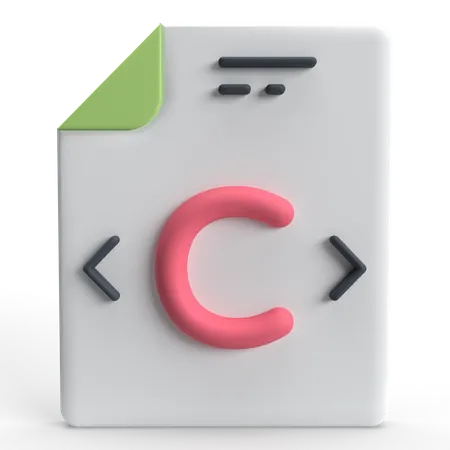
C Programming
This course is designed to provide you with a comprehensive introduction to the C programming language. Whether you are a complete beginner or have some prior programming experience, this course will equip you with the essential skills and knowledge to become proficient in C programming.
-
What you'll learn?If you have an interest in learning coding and demystifying the technology that prevails in this generation, then this is the course for you!
-
Why take this course?You will be able to build the foundational blocks for learning to code, such as algorithms and structure, and gain the skills needed for an entry-level job in the field of IT.
-
What will you be able to do?You will gain the knowledge and skills required to secure an entry-level job in the IT field.
-
Course DurationThe course is designed to be completed in 2 months, but you can stay with us as long as you wish.
Syllabus for the Course
-
Fundamentals of C:The fundamentals of the C programming language cover the basics of the language, such as its syntax, data types, and variables. This is where you'll learn how to write simple C programs, understand the structure of a C program, and grasp the concept of variables and data types like integers, floats, and characters.
-
Operators and Expressions:In this section, you'll delve into operators and expressions in C. This includes arithmetic operators (+, -, *, /), relational operators (==, !=, >, <), logical operators (&&, ||, !), and more. You'll also learn how to create expressions to perform calculations and make decisions in your programs.
-
Input/Output Functions:Input/output functions are essential for interacting with the user and the system. You'll learn how to use functions like printf and scanf for displaying output and taking input. Understanding input/output is crucial for building interactive C programs.
-
Control Statements:Control statements include conditionals (if, else if, else) and loops (for, while, do-while). These statements control the flow of your program, enabling you to make decisions and repeat actions based on specific conditions.
-
Arrays & Strings:Arrays are used to store collections of data of the same type, while strings are essentially character arrays used to work with text. You'll learn how to declare, initialize, and manipulate arrays and strings.
-
Pointer:Pointers are a fundamental concept in C. They allow you to work with memory addresses and are often used for dynamic memory allocation and data manipulation. Understanding pointers is crucial for advanced programming.
-
Functions:Functions allow you to break your code into smaller, reusable blocks. You'll learn how to define, call, and pass data to functions. Functions help in modularizing your code and making it more maintainable.
-
Structures and Unions:Structures and unions are used to create custom data types that can hold different types of data. Structures are used when you need to group related data, while unions are used when you need to save memory by sharing storage for different data types.
-
File Handling:File handling involves working with files on your computer. You'll learn how to open, read, write, and close files. File handling is crucial for tasks like reading and writing data to and from files.

